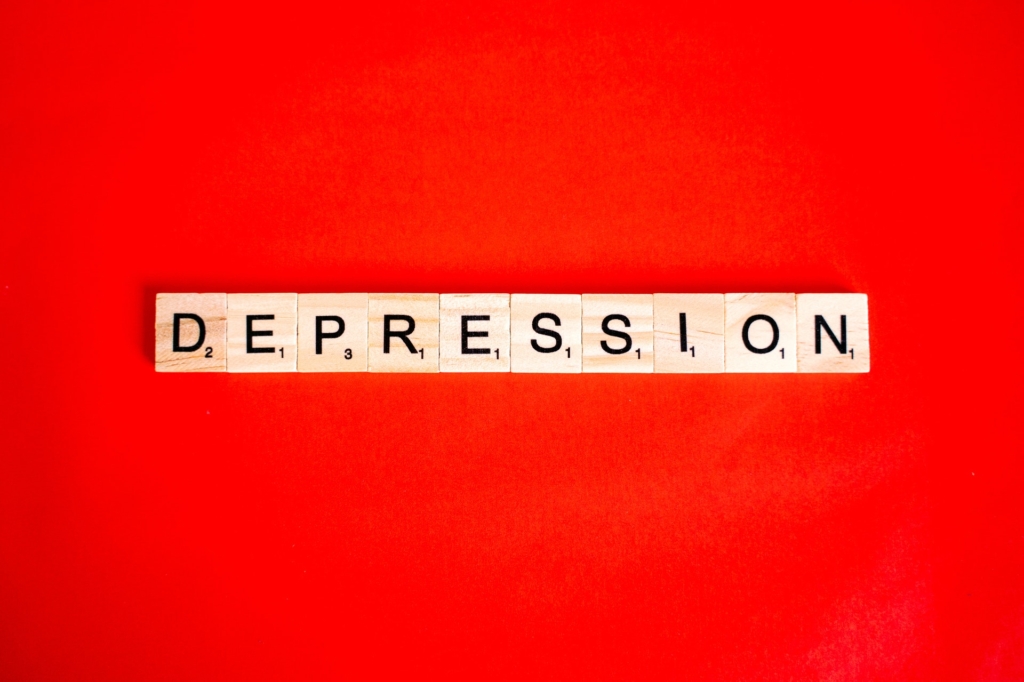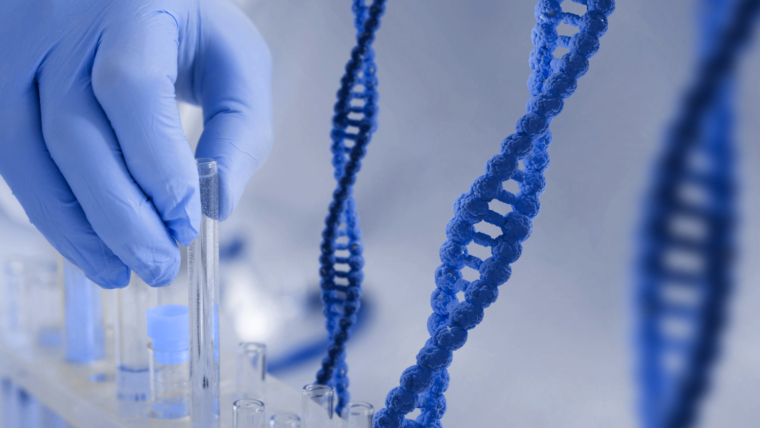
Depression is one of the most common mental health disorders, affecting millions of people globally. It is a severe mood disorder with prolonged sadness, hopelessness, mood swings, and irritability symptoms. The symptoms of depression can significantly influence your thought patterns and how you handle everyday activities. Medication like antidepressants and psychotherapy are commonly used to treat the condition. However, recently, the FDA has approved the use of ketamine to treat depression.
Table of Contents
Ketamine for depression
Ketamine was once primarily used as an anesthetic in operating rooms and battlefields. Anesthesiologists also use it as a sedative when treating injured patients or those with burns. However, ketamine is also an effective treatment for depression. It is fast-acting and used to relieve symptoms of depression more quickly than other antidepressants. According to research, tens of thousands of patients with depression have been successfully treated with ketamine.
How does ketamine therapy work?
Chemical imbalances in the brain are the primary cause of depression. The brain releases chemicals like norepinephrine and serotonin that are responsible for feelings of sadness or happiness, respectively. When the brain releases too much of either of these two chemicals, it causes significant mood disorders, including depression. For this reason, antidepressants primarily work by balancing out the chemicals in the brain. This allows a patient to operate on a level playing field. Ketamine also works in the same way. However, the primary difference between ketamine and other antidepressants is that it provides faster results.
Ketamine is mainly effective for treating depression associated with PTSD. People with PTSD often have overwhelming emotions from a traumatic event they have gone through. One of the primary symptoms of PTSD is depression. Ketamine can help treat these symptoms.
Patients with OCD can also benefit from ketamine therapy. OCD causes a lot of mental discomfort. Furthermore, if it is left untreated for a long time, OCD can result in depressive symptoms. This is where ketamine comes into play. It helps relieve various depressive symptoms, including anxiety.
Administration
Ketamine for depression is usually administered intravenously. This means those taking it can avoid going into a k hole (what is a k hole?). When it is given this way, it provides relief for depressive symptoms and suicidal thoughts in a few hours. According to research data, ketamine administered intravenously two days a week for four to six weeks can provide therapeutic benefits over several months.
Ketamine can also be taken through the nose or orally. Here, it will take about two to four weeks for the treatment to start taking effect. This means that it takes longer than intravenously administered ketamine.
Side effects
In addition to the positive effects of the treatment, ketamine also does not feature some of the side effects of conventional antidepressants. Some of the typical side effects of traditional antidepressants are drowsiness, insomnia, nausea, weight gain, and constipation. Ketamine does not feature any of these side effects.
However, this does not mean that ketamine has zero side effects. While there are a few side effects of ketamine for depression, they are mostly mild, and some may range in severity depending on the patient and the ketamine dosage taken. Taking larger doses of ketamine can lead to side effects like high blood pressure, increased cardiac output, hallucinations, and irregular heart rhythm. Some patients have also reported experiencing dissociative symptoms, sleepiness, and abnormal sensations from taking ketamine for depression. Kindly note that only a few people experience any side effects from taking ketamine for depression. Additionally, the side effects usually only last for a few hours.
Final word
Psychiatrists recommend ketamine therapy for depression patients that have failed to respond to two or more antidepressants and other treatments. It is also worth mentioning that ketamine does not have the same response on everyone who takes it. Like other medications, it affects people in different ways. Also, the treatment effects depend on the dosage, frequency of treatment, and the number of doses. The consistency of use may also affect the impacts of the treatment.


